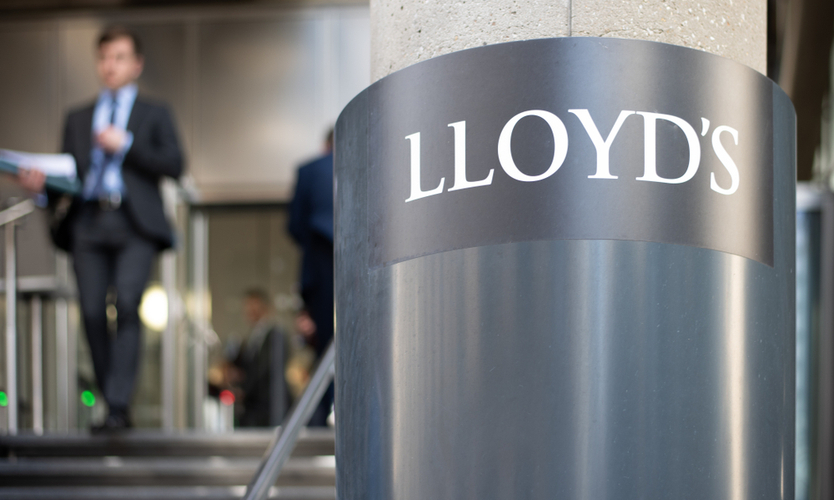 27-02-2020
27-02-2020
Lloyd's of London says crucial to have EU market access

 Insurance Alertss
Insurance AlertssLloyd's of London says crucial to have EU market access
Britain's insurance market must have the same access to the European Union as Bermuda and Switzerland to stay competitive, Lloyd's of London Chairman Bruce Carnegie-Brown said on Wednesday.
Lloyd's of London has transferred 50 jobs and £300 million ($389.82 million) in capital to a new subsidiary in Brussels to avoid disruption to customers in the bloc, Mr. Carnegie-Brown told a House of Lords committee. Direct access to the EU from London, known as equivalence, would avoid additional costs, he said.
“If you want a global insurance policy that covers EU and non-EU risks, you have to have two insurance policies. That is unhelpful in terms of our competitive position,” Mr. Carnegie-Brown told the EU subcommittee on financial affairs. It would be surprising if Bermuda and Switzerland continued to have access to the EU market and Britain did not, he said.
“That might pose medium-term disadvantages to us if we don't enjoy the benefits around equivalence in reinsurance,” he added. Britain left the bloc last month and has full access to the EU under a transition deal until December, after which new trading terms will be needed. Equivalence refers to the EU granting market access to banks, insurers and asset managers if it deems Britain's regulation to be aligned enough to the bloc's rules.
Britain's insurance sector, however, is split, with domestic-focused insurers and those like Aviva with operations already regulated in the bloc, prepared to diverge from EU capital rules inherited by Britain. Aviva Chairman Adrian Montague said the company has transferred one million policies to its unit in Ireland to avoid disruption.
Brexit would not create new opportunities in Europe for Aviva, with the balance "more on the disadvantage side," particularly due to potential snags over transferring data, Mr. Montague said. But becoming a “taker” of EU rules to maintain access from London would be a "millstone" in the long term, Mr. Montague said.
Financial firms have criticized the EU equivalence system for being opaque and unpredictable, given it can be cancelled within 30 days in some cases. “If the price of equivalence is rule-taking, then that will be a price too much,” Mr. Montague told the lawmakers.
Obtaining equivalence for the reinsurance sector does not require any surrender to rule-taking, Mr. Carnegie-Brown said. “I think equivalence without some stability ... would be pretty much valueless,” he added. Brexit offers an opportunity to review how the financial sector is regulated in Britain without it turning into a "race to the bottom" in standards, Mr. Carnegie-Brown said.
Source: Business Insurance

http://www.insurancealertss.